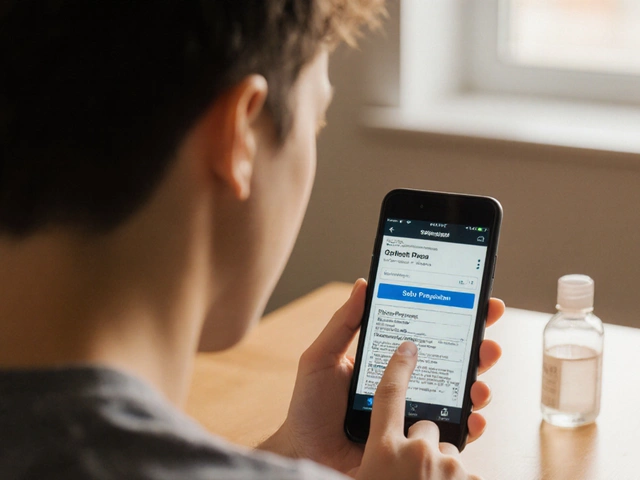Life After Cardiac Surgery: What to Do Right Away
Congrats on getting through the operation. The real work starts now, but it doesn't have to feel overwhelming. Your body needs time to heal, and the choices you make in the first weeks make a huge difference.
First thing’s first: take the medications exactly as your doctor prescribed. Many heart patients are put on blood thinners, beta‑blockers, and anti‑arrhythmic drugs. Skipping a dose or mixing them with herbal supplements can raise the risk of bleeding or cause dangerous interactions. Keep a pill organizer, set alarms on your phone, and write down each drug’s purpose so you know why you’re taking it.
Eating Right for a Healing Heart
What you put on your plate feeds the recovery process. Aim for a diet low in saturated fat, sodium, and added sugars. Fresh vegetables, lean protein like fish or paneer, whole grains, and a handful of nuts give you the nutrients your heart needs without overloading it.
If you’re on a statin, avoid grapefruit juice; the fruit can raise the drug’s level in your blood and increase muscle pain. Also, keep an eye on potassium if you’re taking ACE inhibitors – bananas are great, but too much can upset your electrolyte balance.
Moving Safely and Staying Active
Bed rest feels safe, but it slows down circulation and weakens muscles. Your surgeon will likely give you a timeline for light walking. Start with short walks around the house and gradually add distance. Use a gait belt or a walking aid if you feel dizzy.
Strength training should wait at least six weeks, but simple breathing exercises and gentle stretching can start sooner. These help expand lung capacity and reduce the chance of post‑operative pneumonia.
Watch for warning signs: sudden chest pain, shortness of breath, swelling in the ankles, or a rapid heartbeat. If any of these pop up, call your cardiology team right away. It’s better to be safe than to ignore a symptom that could mean a clot or infection.
Follow‑up visits are non‑negotiable. Your doctor will check wound healing, run an ECG, and adjust meds based on your blood work. Bring a list of any over‑the‑counter drugs or herbal products you’ve started – even “natural” items can interfere with heart medications.
Emotional health matters, too. It’s normal to feel anxious or down after a major surgery. Talking to a counselor or joining a support group can help you process those feelings and stay motivated during rehab.
Finally, keep a recovery journal. Note daily activity levels, any side effects from meds, and how you feel overall. This record becomes a handy reference for your doctor and helps you spot patterns you might miss.
Living after cardiac surgery is a mix of patience, smart choices, and staying connected with your medical team. Stick to your medication plan, eat wisely, move safely, and don’t ignore warning signs. With these habits, you’ll give your heart the best chance to bounce back and enjoy life again.

Can You Ever Truly Recover After Open-Heart Surgery? Real Facts and Life After
Find out what real recovery means after open-heart surgery. From physical healing to emotional changes and daily life, here's what you need to know and expect.

Online Pharmacies: What Risks Should You Know About?
May, 12 2025

Does Stiffness Ever Go Away After Knee Replacement?
Apr, 29 2025


